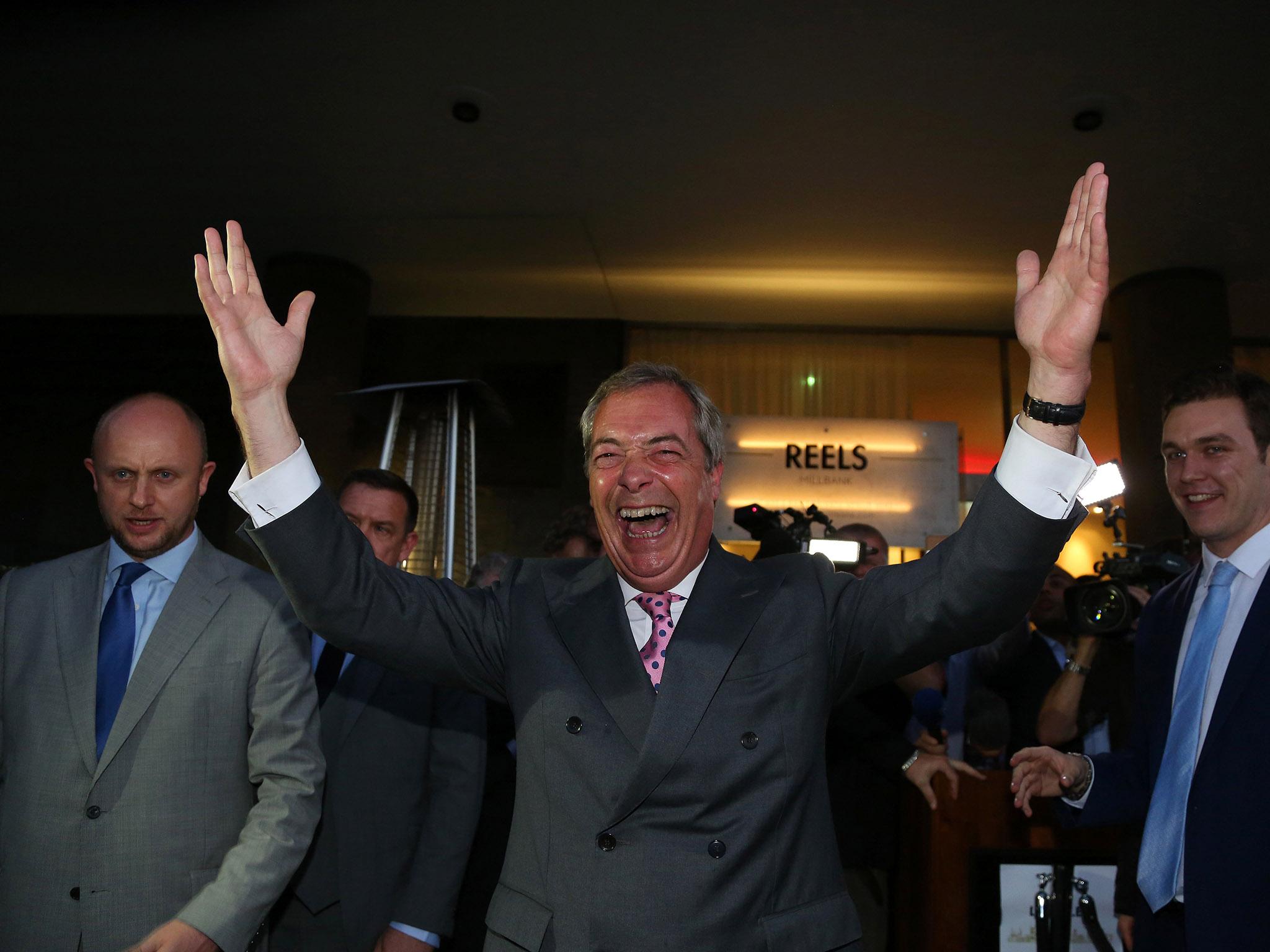Don't believe the right-wing media's claims that economists got it wrong on Brexit – the damage has been delayed, not avoided
By presenting an ‘economics profession split’ story on the longer-term impact of Britain leaving the single market, media organisations are doing something as misleading and irresponsible as suggesting that the scientific community is split on the causes of climate change


The verdict is in, apparently.
Britain has “the world’s top economy after Brexit”, according to The Times. “The truth is that Brexit Britain’s on a roll,” claims Alex Brummer in the Daily Mail. “We are in a mini-boom,” claims Allister Heath in the Telegraph.
The Sun and the Express inform their readers that the Bank of England now believes its Brexit recession warning was a professional error on a par with Michael Fish’s infamous dismissal of the possibility of a hurricane in 1987.
If you get your information from the right-wing press you would be led to believe that the British economy is booming thanks to Brexit, and that ranks of chastened economists have now belatedly accepted that Britain is entering economic nirvana thanks to the public’s wise decision to leave the European Union last June.
But you would be misled – grossly.
Consider the booming point. The latest official estimate of growth in the third quarter of 2016 – the three months following the Brexit vote – is 0.6 per cent. That’s the same as the second quarter and roughly in line with estimates of the UK’s long-term trend growth output. While certainly better than many economists – including the Bank of England – expected, it hardly constitutes a “boom”.
And are we really the “top economy”? The Office for Budget Responsibility expects full year growth for the UK in 2016 of 2.1 per cent. That would indeed be higher than the IMF’s forecast for the US (1.6 per cent), France (1.3 per cent) and Germany (1.7 per cent). Yet the Fund and other international forecasters such as the OECD expect all those economies to grow faster than the UK in 2017.
Despite the headlines, the consensus view of professional economists in both the public and private sector is that the UK will experience a serious growth slowdown next year, thanks to lower household consumption brought on by higher inflation and weaker business investment induced by uncertainty over our future trade prospects.
Andy Haldane, the Bank’s chief economist, did concede yesterday that the bank underestimated the resilience of the British consumer in the immediate aftermath of the Brexit vote. “A fair cop”, as he put it.
But he also stressed that “this is more a question of timing than of a fundamental reassessment of the fortunes of the economy” and pointed out that the Bank’s most recent forecasts show a record downgrade in cumulative growth over the next three years relative to its pre-June expectations. In other words, the pain of Brexit has been delayed in the Bank’s view rather than avoided.
In the Autumn Statement in December, the OBR projected that public finances will be worse off by £59bn by 2020-21, thanks to the deterioration of the economy brought on by the Brexit vote. And that takes full account of Britain no longer having to pay into the EU budget after 2019.
What of the longer term? The media has also this week seized on some criticisms of the Treasury’s forecasts for the negative impact of a “hard Brexit” (where we leave the single market and trade under minimal World Trade Organisation rules) by the Centre for Business Research at Cambridge University. The CBR argues that the so-called “gravity model” of trade patterns – where countries tend to trade more with countries that are geographically closer – used by the Treasury was implausible.

Yet the CBR view is very much a minority one within the economics profession. By presenting an “economics profession split” story on the longer-term impact of Britain leaving the single market, media organisations are doing something as misleading and irresponsible as suggesting that the scientific community is split on the causes of climate change.
Despite today’s headlines and the wilful distortions of the pro-Brexit press, the firm consensus among the majority of credible economists remains that Brexit will ultimately hurt the British economy and have a negative impact on the public’s living standards. And that the harder the Brexit, the greater the pain.
Join our commenting forum
Join thought-provoking conversations, follow other Independent readers and see their replies
Comments
Bookmark popover
Removed from bookmarks